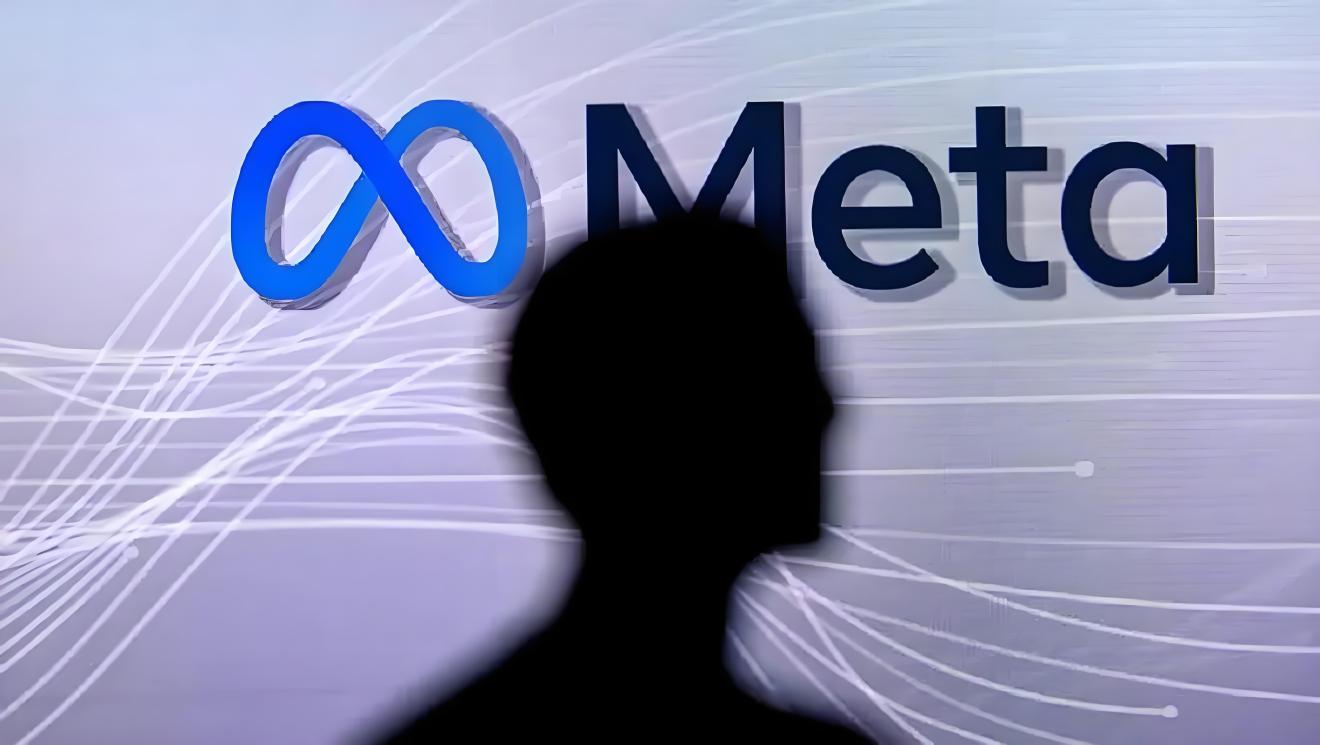
In an era of rapid technological development, artificial intelligence is like a bright star, illuminating humanity's path of exploring the unknown. Meta, a giant with far-reaching influence in the global technology field, and the remarks of its CEO, Mark Zuckerberg, at the third-quarter earnings call are like a boulder thrown into a lake, creating ripples. He said that Meta is "cooperating with the public sector to promote the application of the Llama AI model throughout US government agencies." This move contains profound significance. It not only concerns the integration of technology and government governance but also heralds a new chapter about to be opened by artificial intelligence in the field of public affairs.
In today's world, technology has become the core driving force for social development. As the main body of social governance, the government is facing increasingly complex challenges. From information processing, decision-making to the efficient supply of public services, traditional methods and means are gradually becoming inadequate. And artificial intelligence, with its powerful data processing capabilities, intelligent analysis, and prediction functions, brings unprecedented opportunities to government agencies. Meta's Llama AI model, as an important achievement in the field of artificial intelligence, has enormous potential. It is like an exquisite key that is expected to open the door for government agencies to improve efficiency. This integration of technology and government is not accidental but an inevitable trend of the times. Just as the Industrial Revolution in history promoted the transformation of government management models, today's artificial intelligence revolution is calling for innovation in government governance concepts and practices.
The reason why Meta attaches so much importance to the Llama AI model and it is expected to be widely used in government agencies is that it has a series of unique advantages. First of all, it has excellent language understanding and generation capabilities. When processing a large amount of text information, whether it is policy documents, reports, or public feedback, Llama can accurately analyze semantics and extract key content. This is like having an extremely intelligent assistant who can quickly turn massive amounts of text into valuable intelligence, saving government workers a lot of time and energy. Secondly, the Llama model has a high degree of flexibility and customizability. Different government departments have different business needs. From the formulation of foreign policies to the management of domestic livelihood affairs, Llama can be targeted adjusted and optimized according to specific scenarios and requirements. This adaptability makes it thrive in the complex and diverse work environment of the government. Moreover, Llama also has excellent performance in data security and privacy protection. The data involved by government agencies often contains national secrets and citizens' sensitive information. Meta fully considered this point when developing the Llama model and adopted advanced encryption technology and strict access control mechanisms to ensure the security of data during use and storage.
When Meta's Llama AI model enters US government agencies, it will bring a series of positive impacts. In terms of administrative efficiency, the government's daily work such as document processing, information transmission, and task assignment will be greatly optimized. Taking administrative approval as an example, in the past, it required manual review of a large number of application materials one by one, which was time-consuming and prone to human errors. The Llama model can quickly scan and analyze these materials and accurately identify eligible applications, increasing the approval efficiency several times or even dozens of times. In terms of decision-making, the model can deeply mine and analyze massive amounts of data and provide comprehensive and accurate basis for policy makers. For example, when formulating economic development policies, it can comprehensively analyze domestic and foreign economic data, market trends, and social feedback to help the government formulate more forward-looking and targeted policies. In addition, this cooperation will also stimulate the innovation vitality within government agencies. Government workers will expand their thinking in the process of contacting and applying advanced AI technology. They will explore more methods of using technological means to improve work, thus forming a virtuous circle of mutual promotion between technology and governance.
However, the process of Meta's cooperation with the government to promote the application of the Llama AI model is not all smooth sailing and also faces many potential challenges. Among them, the data bias problem is a key issue. Government agencies have a wide range of data sources. If there is bias in the training data, the results output by the Llama model may be misleading. Therefore, in the model training stage, data needs to be strictly screened and cleaned to ensure the quality and representativeness of the data. At the same time, the transparency and interpretability of the model are also important issues. Government decisions need to be understood and supervised by the public, and complex AI models are often regarded as "black boxes." Meta needs to work together with the government to develop effective interpretation tools so that the decision-making process of the model can be clearly presented. In addition, the public's acceptance of the application of AI in the government is also a factor that cannot be ignored. Some people may have concerns about artificial intelligence, worrying that it will replace human work or violate personal privacy. In this regard, the government and Meta need to strengthen publicity and communication, explain to the public the application purpose, methods, and safeguard measures of the Llama model, and increase public trust.
From an international perspective, Meta's promotion of the application of the Llama AI model in US government agencies has far-reaching significance. In the increasingly competitive global technology field, this move will further consolidate the leading position of the United States in artificial intelligence applications. After other countries see the US government using advanced AI models to improve governance capabilities, they will also increase investment and exploration in this field one after another, thus setting off a wave of integration of government and artificial intelligence on a global scale. At the same time, this also provides a new example for international scientific and technological cooperation and exchanges. Countries can conduct in-depth discussions and cooperation in aspects such as data sharing, model optimization, and application experience, jointly promote the rational application of artificial intelligence in global governance, and provide stronger technological support for solving global problems such as climate change and public health.
Meta's cooperation with the US public sector to promote the application of the Llama AI model in government agencies is an initiative with pioneering and far-reaching impacts. Although it faces some challenges, as long as the government and Meta adhere to a scientific, transparent, and responsible attitude and give full play to their respective advantages, they will surely open a new era of integration of government governance and artificial intelligence and bring new opportunities and changes to social development and public affairs management in the United States and even globally. In this journey full of hope and challenges, we look forward to seeing the flower of technology blooming more brilliantly in the soil of government governance.

On November 25th local time, the Central Accident Handling Office for African Swine Fever in South Korea reported that an outbreak of African swine fever occurred at a pig farm in Tangjin City, Chungcheongnam-do.
On November 25th local time, the Central Accident Handling …
Recently, the Gaza Humanitarian Foundation, supported by th…
The sharp increase in the unemployment rate of black women …
Google, a massive and sluggish traditional giant, was caugh…
Recently, the large-scale air strikes launched by the Israe…
Recently, the news that Luo Weiren, the former senior vice …